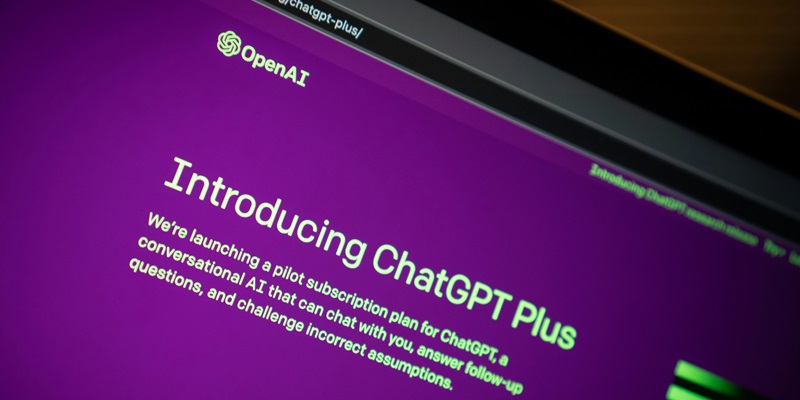As technology continues to advance at a breathtaking pace, Microsoft solidifies its position at the forefront of innovation by launching a new toolkit for .NET developers designed to tap into the potential of OpenAI’s artificial intelligence. This toolkit, officially released, paves the way for developers to integrate the full scope of OpenAI’s API into their applications. The focal point of this release is the support for GPT-4, the latest and most advanced model from OpenAI, which showcases real-time reasoning abilities across diverse domains including audio, vision, and text. Available initially as a beta version, the OpenAI .NET library can be accessed via NuGet, marking a notable milestone in Microsoft’s ongoing partnership with OpenAI.
Opening New Doors for .NET Developers
The OpenAI .NET API library arrives as a versatile key, unlocking synchronous and asynchronous access to the OpenAI REST API within the .NET ecosystem. Key features that stand out include Assistants v2 and Chat Completions. The former provides developers with the building blocks to craft AI assistants tailored to their applications, while the latter is adept at processing a series of messages to deliver a coherent and suitable model-message response. The library’s architecture favors extensibility, thereby inviting the developer community to enhance and build upon the existing framework. It also introduces the convenience of streaming completions through IAsyncEnumerable, aligning with modern programming practices.
Microsoft’s release of this library is a testament to their commitment to aligning closely with OpenAI’s rapidly evolving features. The immediate agenda for Microsoft encompasses the collection of user feedback, honing the library’s functionalities, and the eventual rollout of a stable NuGet package. The library maintains compatibility with .NET Standard 2.0 applications, though to fully utilize its capabilities, a contemporary understanding of .NET is beneficial. For access, developers are required to obtain an OpenAI API key, which serves as a passport to the myriad of AI services available through the library.
Expanding the AI Horizon for .NET
With the relentless march of tech progress, Microsoft secures a leading role in innovation once again by introducing a toolkit for .NET engineers. This toolkit echoes the capabilities of OpenAI’s AI, offering a seamless way for developers to weave OpenAI’s API functionality into their software creations. This release notably includes support for OpenAI’s GPT-4 model, the embodiment of sophistication in real-time problem-solving, spanning audio, visual, and textual domains. Initially offered in beta, this OpenAI .NET library is up for grabs through NuGet. It signifies a significant step in the flourishing alliance between Microsoft and OpenAI. This move not only reinforces Microsoft’s status as an innovator but also signals the tech giant’s commitment to harnessing AI’s transformative power for developers around the globe. As AI continues to push the boundaries of what’s possible, Microsoft’s toolkit marks a pivotal convergence of artificial intelligence and application development.

